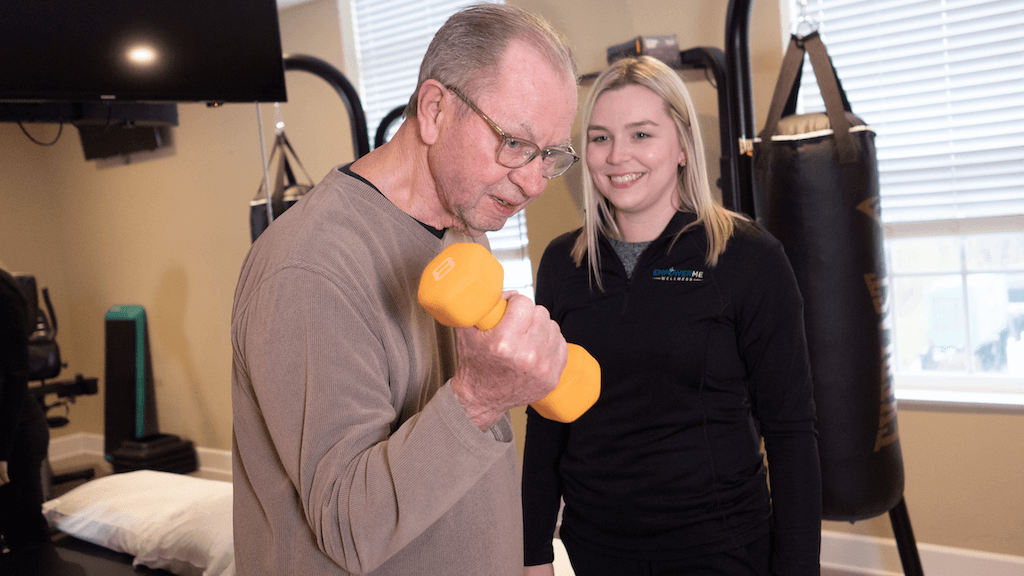Table of contents
For seniors, losing their ability to participate in activities they enjoy can be devastating, both mentally and emotionally. That is why rehabilitative therapy often has its biggest impact when it helps seniors strengthen those skills that let them return to doing the things they love. A goal-oriented approach to therapy can be vital to helping seniors refocus their priorities and live as independently as possible.
What does a goal-oriented approach to rehab therapy look like?
Rather than focusing exclusively on therapy-specific objectives like reaching a set number of exercise repetitions, seniors are better served when therapists help them identify meaningful life goals they want to accomplish. These goals may include finding a way to participate in a major life event, like the graduation of a grandchild, but they can just as easily take the form of maintaining the ability to perform an everyday task, such as talking with a family member on the phone more often, paying their own bills, or doing the dishes.
Regardless of what specific objective a senior chooses, the act of setting a goal instills a sense of buy-in from the resident, which makes accomplishing that goal more cognitively and emotionally rewarding.
But not all therapy programs take a goal-oriented approach. Because many therapy companies place an overriding priority on therapist productivity, the amount of time a therapist spends with each senior is often limited. Plus, many companies require therapists to travel to multiple sites in a day, giving them little opportunity to build meaningful insights on how best to motivate the seniors they work with.
By comparison, a full-time on-site therapy program is much better suited to delivering a goal-oriented therapy curriculum. This type of program places therapists in a single senior living community each day, all day, allowing them to develop deeper relationships with residents and their families, gain important information from the community’s care team members, and provide a broader spectrum of wellness programs and classes.
This close one-on-one interaction enables full-time on-site therapists to better understand what each resident values most, which is key to helping them develop goals that motivate them to succeed.
“Some communities don’t see the need for on-site therapy simply because they have never had it before,” explains Lisa Meyer, MBA, a physical therapist and EmpowerMe’s Senior Vice President of Operations. ”But because our therapists are on-site every day, they become part of the residents’ care team. That gives them the ability to identify not just a resident’s physical needs, but their emotional needs as well. That’s a core component of a goal-based approach to therapy.”
Beyond the benefit to the patient, this personal approach to rehab therapy is far more rewarding for the therapists, which can be a key component in attracting and retaining top-tier clinicians. As therapy team members learn more about the seniors they work with, they build deep, lasting relationships. The residents’ goals become the therapists’ goals, and together they find joy and support as they progress day-by-day, celebrating their big and small wins along the way!
“Helping a resident feel a sense of hope when they achieve their goals is my greatest joy as a therapist,” said Lisa. “It’s our goal to make life as vibrant, enjoyable, and healthy as possible for every senior we serve.”
Watch the video below to hear from an EmpowerMe Wellness therapist on how they have seen the goal-oriented approach make a difference for seniors, or click here to learn more about the EmpowerMe difference!



